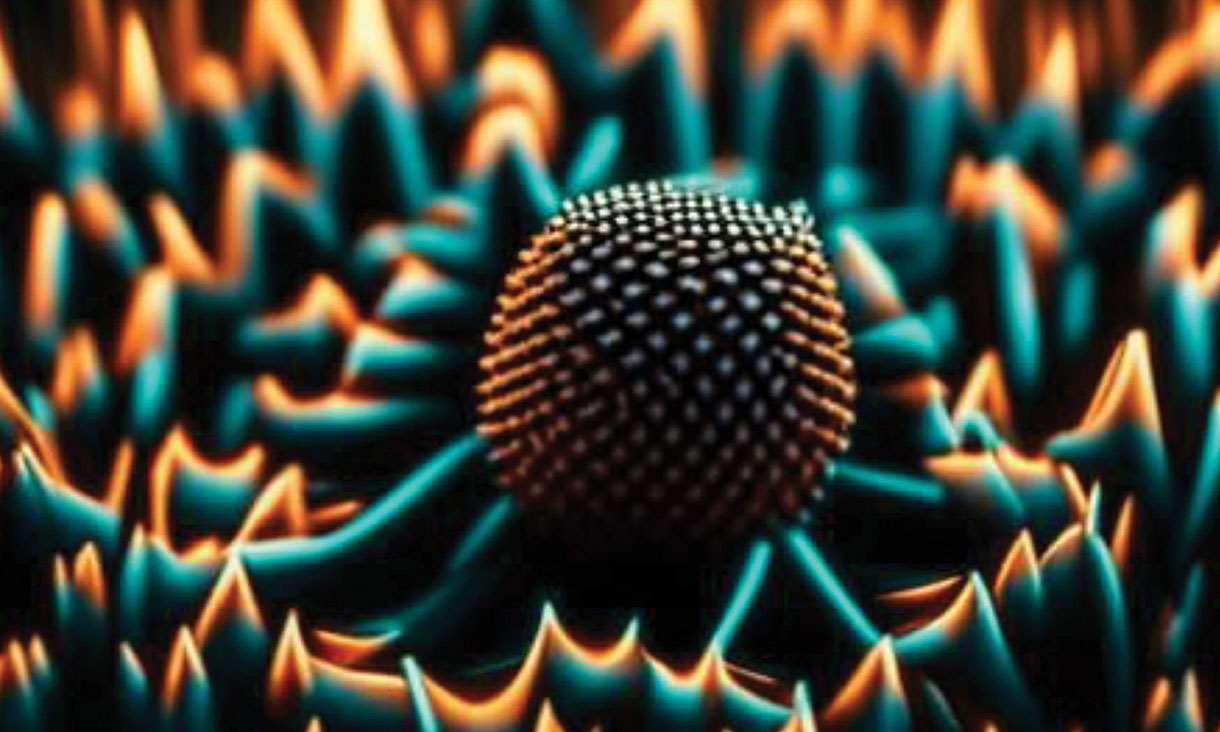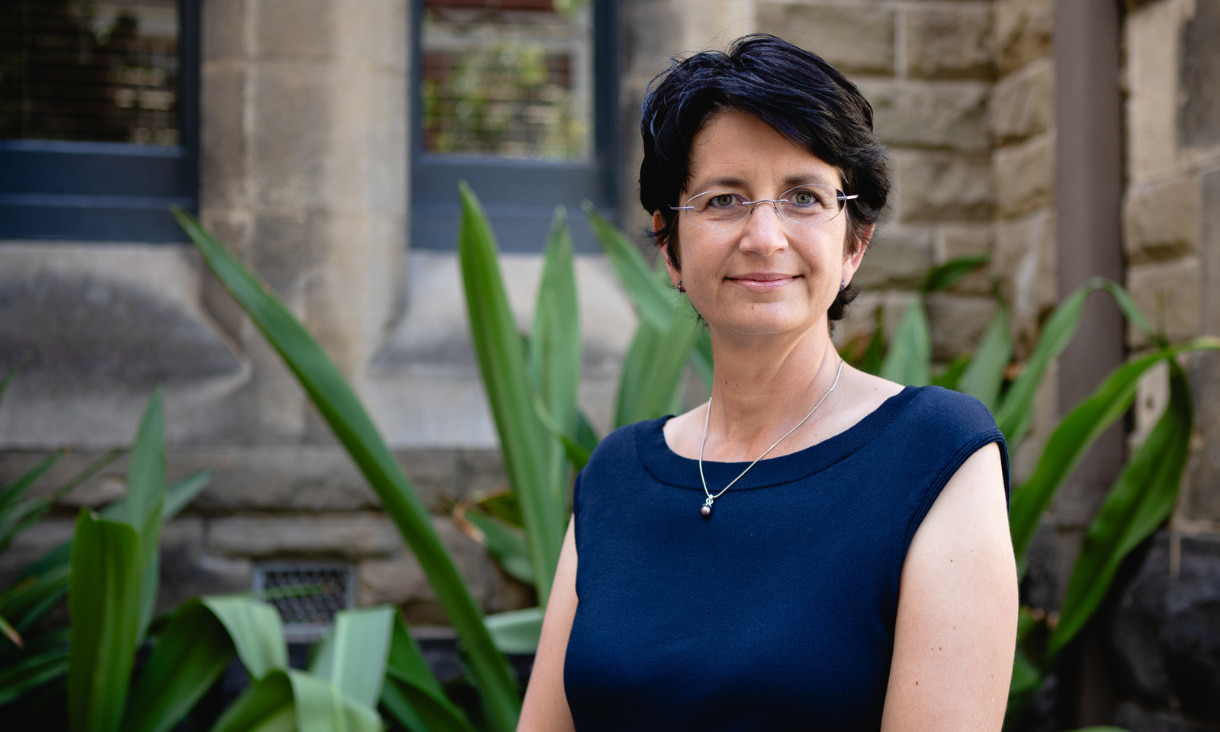The University's European hub has already advanced in this space having recently partnered with Vall D’Hebron University Hospital in Barcelona to pilot an innovative medtech device developed by RMIT researchers to assist with brain injury rehabilitation.
Feitoza will spearhead this agreement in addition to drawing on her skills in innovation design, healthcare and scientific communications to further extend the University's research strengths across digital health to Europe.
A graduate of MOEBIO Design Health Barcelona, the first Stanford affiliated biodesign program in Spain, Feitoza is specialised at connecting research and industry as well as being deeply immersed in healthcare technology and digital innovation.
Her previous roles have included serving as the Institutional Relations Director at Thomson Reuters in medical education and biomedical communications as well as Executive Director of the American Chamber of Commerce in Spain.
RMIT Europe's Executive Director Marta Fernandez said Feitoza's appointment will leverage the University's strengths across biomedical and health innovation – one of the University's eight enabling capability platforms.
"It will see RMIT embedded in Europe as a key contributor to healthcare's future and its transformation through technology.
"It will also bring opportunities for European industry in this sector to extend its activity to Australia, whether through a research collaboration or by engaging with the next generation of health innovation professionals through our student industry programs," she said.
While Feitoza's experience spans health innovation and technology, she has a particular interest in the wearable technologies being developed for the health sector and Big Data applications from these digital biomarkers.
"It's a very exciting space and one that's advancing rapidly with technology built into advanced textiles as well as jewellery and skin applications that are used for both monitoring and medical diagnosis.
"Not only is this technology capturing data to assist individuals and their medial practitioners but there's also fantastic extrapolation of this data to advance population health.
"We're seeing the health landscape disrupted with the involvement of non-traditional technology players across healthcare delivery. And I think it's brilliant.
"With a robust framework that effectively addresses issues such as privacy, I think this space is one that has tremendous benefits for overall health care delivery," she said.
Feitoza is based at the University's hub in Barcelona but her work will extend across Europe.
RMIT recently shifted its European premises to Barcelona’s innovation and technology district 22@ – a shift that signals the University's strong commitment to the City of Barcelona as well as its presence in Europe.
Story: Karen Matthews




